Network Determinants of Modern Bilateral Environmental Cooperation
Bronwyn Lewis Friscia
MS, 2017
Handcock, Mark S
This paper provides the first rigorous examination of the network determinants of modern bilateral environmental cooperation. Using a new relational data set of all bilateral environmental agreements (BEAs) signed from 2006-16, I characterize the topology of the modern BEA network and generate hypotheses about the data-generating process that gives rise to it. These hypotheses are tested using both exponential-family random graph models (ERGMs) and additive and multiplicative effects (AME) models for relational data. I find that the network formed by modern BEA ties is characterized by influential and highly active “brokers,” that economic development is a major predictor of bilateral environmental collaboration while regime type has little explanatory power, and that countries are highly motivated to pursue environmental cooperation across geographical regions. I argue that network methods can both complement and greatly enrich the work of political scientists who study international environmental cooperation using other methodologies.
2017

